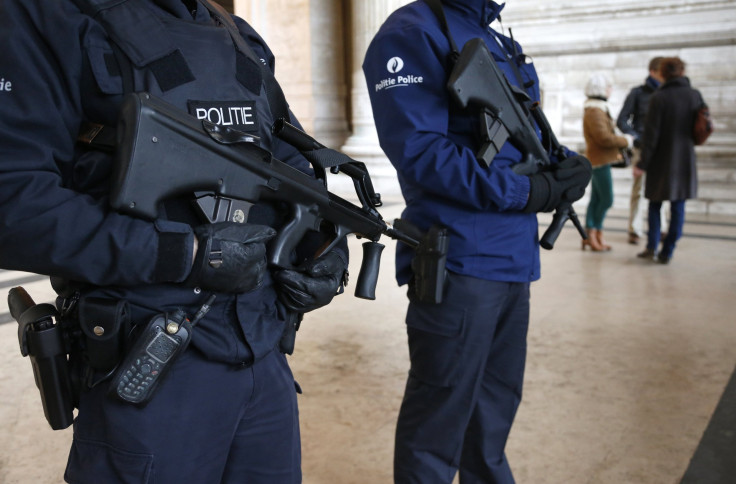Belgium Conducts Anti-Terror Raids, Detains 4 Suspected Of Recruiting Jihadists For Syria

Belgian authorities conducted anti-terror raids early Friday and detained four people, suspected to be linked with the recruitment of potential fighters for Syria. The Belgian police searched 22 homes, mostly in the northeastern parts of the country, but did not find any weapons, explosives or ammunition, media reports said.
The federal prosecutor’s office said, in a statement, that the raids were aimed at "uncovering the organization behind the recruitment and sending" of people to Syria, The Associated Press (AP) reported. However, authorities insisted that the raids had nothing to do with the Paris attacks, which killed 20 people, including three attackers, earlier this month.
"This file concerns people who want to go to Syria and fight there. The investigation concentrates on the organization which recruits those persons and sends them to Syria," federal prosecutors said, in the statement, according to Reuters.
Authorities also said that the raids were not linked to the operation conducted on Jan. 15 in and around the eastern town of Verviers, where officials claimed they had averted a major terror attack on the police, AP reported.
The anti-terror raids conducted in Verviers and Brussels had led to the death of two Islamist jihadists, who had returned to Belgium after fighting in Syria, while a third person was taken into custody. Police forces had raided 10 addresses in the two cities and questioned 13 suspects. Belgian officials had also asked France to question two people on its behalf.
Belgium has the highest per capita ratio of locally born jihadists, fighting in Syria and Iraq, as compared to any western European country, a study published by the International Center for the Study of Radicalization said. According to the study, there were at least 300 fighters who had returned to the country while 46 of those were connected to the group known as Sharia4Belgium, which is currently on trial in Antwerp.
© Copyright IBTimes 2024. All rights reserved.












